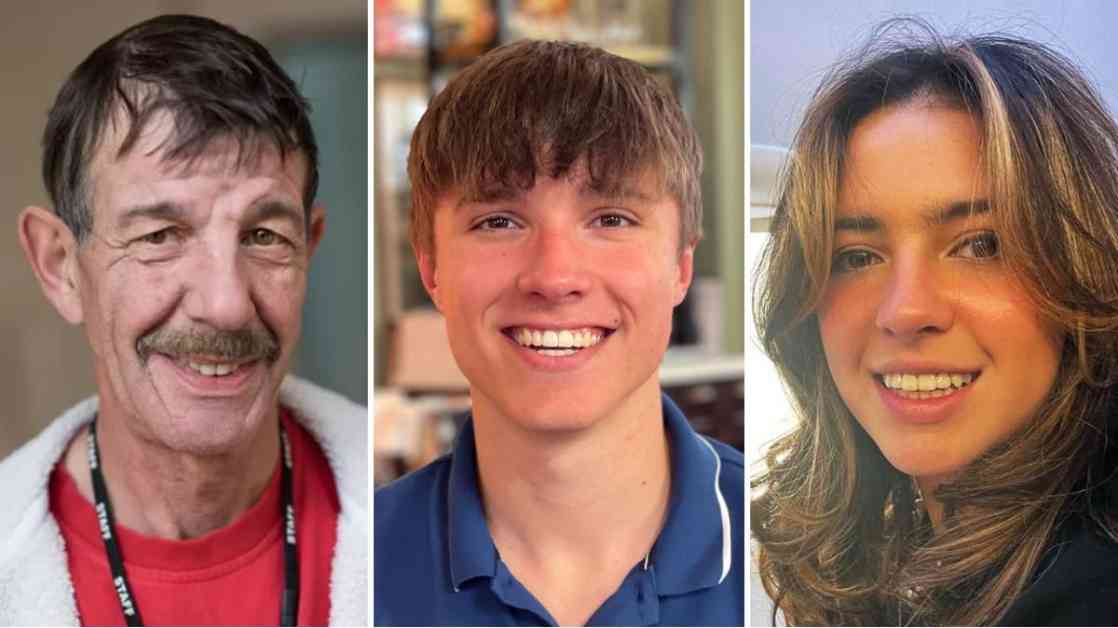The families of the victims of the Nottingham knife attack are expressing their disappointment and alarm over a BBC documentary about the tragedy that was produced without their consent. Emma Webber, the mother of victim Barnaby Webber, who was killed in the attack along with his friend Grace O’Malley-Kumar and school caretaker Ian Coates, feels let down by the broadcaster. She was shocked to learn that the documentary will include interviews with the killer’s family, without giving the victims’ families a chance to contribute or view the content beforehand.
Ms. Webber and the other families believe that the BBC should have involved them in the documentary to ensure a balanced representation of the tragic events. They feel that the lack of consent and prior knowledge of the documentary’s contents is causing unnecessary stress and trauma to people who are already struggling to cope with their loss. While they acknowledge the importance of investigative journalism in uncovering the failings that led to the attack, they are concerned about the way the BBC has handled the production of the documentary.
The documentary aims to investigate whether there were systemic failings within the health services that could have prevented the attack, as the perpetrator, Valdo Calocane, had a history of mental health issues and had been assessed as psychotic. Calocane, who was diagnosed with paranoid schizophrenia in 2020, was given a hospital order instead of a prison sentence after being convicted of manslaughter. His family has spoken out about the broken mental health system that they believe contributed to the tragedy.
While the BBC claims that the documentary is in the public interest and has been produced in accordance with their editorial guidelines, the victims’ families are demanding a disclaimer be included in the program to acknowledge that it was made without their knowledge or consent. They believe that not knowing the content of the documentary will only add to their suffering and are calling for more transparency and sensitivity from the broadcaster.
Overall, the families of the victims are struggling to come to terms with the loss of their loved ones and are disappointed by the lack of consideration shown to them by the BBC in the production of the documentary. They hope that their voices will be heard and that their concerns will be addressed to prevent further distress and trauma.












